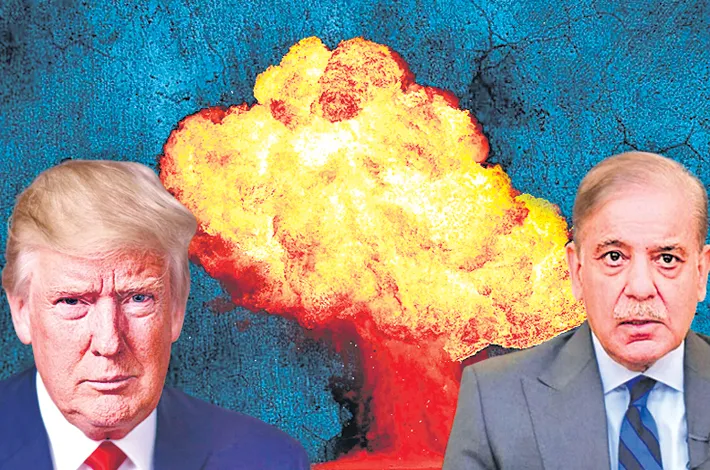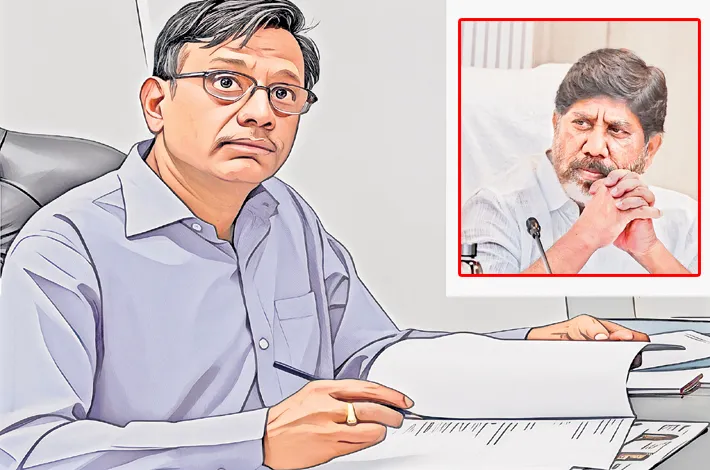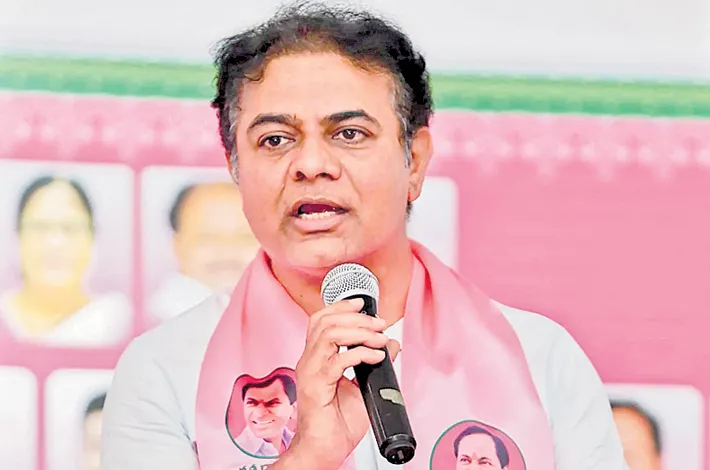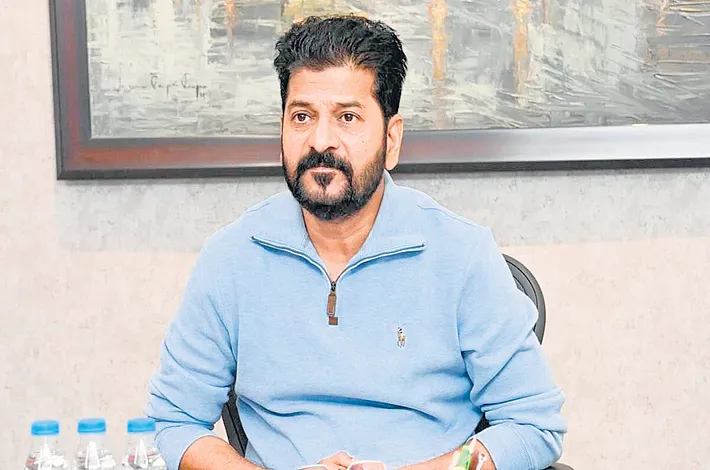Trump accuses Pakistan of secret nuclear tests
05-11-2025 12:00:00 AM

Does the “no first use” principle need a rethink?
The trigger:
■ Donald Trump claimed that Pakistan continues to conduct secret nuclear weapons tests, alongside China, Russia, and North Korea.
■ Defending his decision to resume U.S. nuclear testing after a 33-year moratorium, Trump argued that America cannot restrain itself while adversaries modernize in secrecy.
Indian reaction:
■ No official response from government sources. However defence and foreign affairs experts expressed concern but did not call for immediate testing.
■ Certain policy analysts however called for re-examining the no first use policy. They questioned the meaning of “minimum deterrence” if China and Pakistan acted in concert.
■ Another retired top military official emphasized ambiguity as a strategic asset a it would keep the “enemy guessing”.
In a bombshell television interview, U.S. President Donald Trump claimed that Pakistan continues to conduct secret nuclear weapons tests, alongside China, Russia, and North Korea. Defending his call to resume U.S. nuclear testing after a 33-year moratorium, Trump argued that an open society like America cannot unilaterally restrain itself while adversaries modernize in secrecy. “Russia’s testing and China’s testing, but they don’t talk about it,” Trump said. “We’re an open society. We’re different... Certainly North Korea’s been testing. Pakistan’s been testing.”
The remarks, made hours before Trump’s meeting with Chinese President Xi Jinping, have sent shockwaves through India’s strategic community. Pakistan has not responded to the allegation, while China dismissed it outright. India, which has not conducted a nuclear test since Pokhran-II in 1998, now faces renewed questions about the credibility of its untested deterrent .
India’s nuclear doctrine rests on three pillars: credible minimum deterrence, no first use (NFU), and a self-imposed testing moratorium. Since 1998, New Delhi has relied on computer simulations and sub-critical experiments to maintain its arsenal. But Trump’s claim—that Pakistan never stopped testing—challenges the assumption of mutual restraint.
Defence and foreign affairs experts expressed concern but stopped short of calling for immediate tests. A retired Lieutenant General and a former member of the National Security Advisory Board, cautioned against overreacting. “We don’t know if Pakistan has tested. Even if they did, the world would likely know,” he said, pointing to seismic detection capabilities. He also reminded that China hasn’t tested since 1996 and opined that computer simulations are sufficient today and physical tests would invite sanctions, as in 1998.
A senior member at a New Delhi-based think tank, took a more aggressive stance. She called for re-examining the no first use policy. She questioned the meaning of “minimum deterrence” if China and Pakistan acted in concert. She also questioned the survivability of India’s arsenal in a two-front war scenario. Recalling that Pakistan has a first-use policy and that China’s NFU doesn’t apply to nuclear states like India, she said that the government needs to give clarity on when it would cross the threshold—from deterrence to use.
Another retired top military official emphasized ambiguity as a strategic asset. “No first use is not cast in stone,” he said and asserted that if intelligence showed the enemy using warheads with delivery systems, that intent itself constitutes first use and the army would then act pre-emptively.
He dismissed concerns over the 1998 Pokhran yields, which some global seismologists claimed were lower than officially stated. Stating that even at 60-80% credibility, a nuclear weapon causes catastrophic damage. He termed ambiguity as the “biggest strength” of Indian defence forces as it would keep the enemy guessing what next.
Another geopolitical strategy expert from a reputed think tank downplayed Trump’s rhetoric saying that he was creating rumours to justify U.S. resumption. He defended India’s 1998 tests, conducted in soft soil that dampened seismic signatures. “Our scientists and leadership are satisfied. No prime minister has ever compromised the deterrent,” he said, citing covert weaponization under Rajiv Gandhi and Manmohan Singh despite public disarmament rhetoric.
On delivery systems, however, there was a commonly agreed opinion that modernization—not warhead testing—is the priority. China’s 300 new silos in Xinjiang and fractional orbital bombardment systems (FOBS) were flagged as greater threats than unverified Pakistani tests.As the debate concluded, a consensus emerged: India should preserve strategic ambiguity, enhance delivery systems, and revisit doctrine flexibility—without rushing to test.
With three nuclear powers sharing borders—and two overtly hostile—India’s next moves will shape South Asia’s stability for decades. The government, panelists agreed, must decide quietly, deliberately, and without panic.








